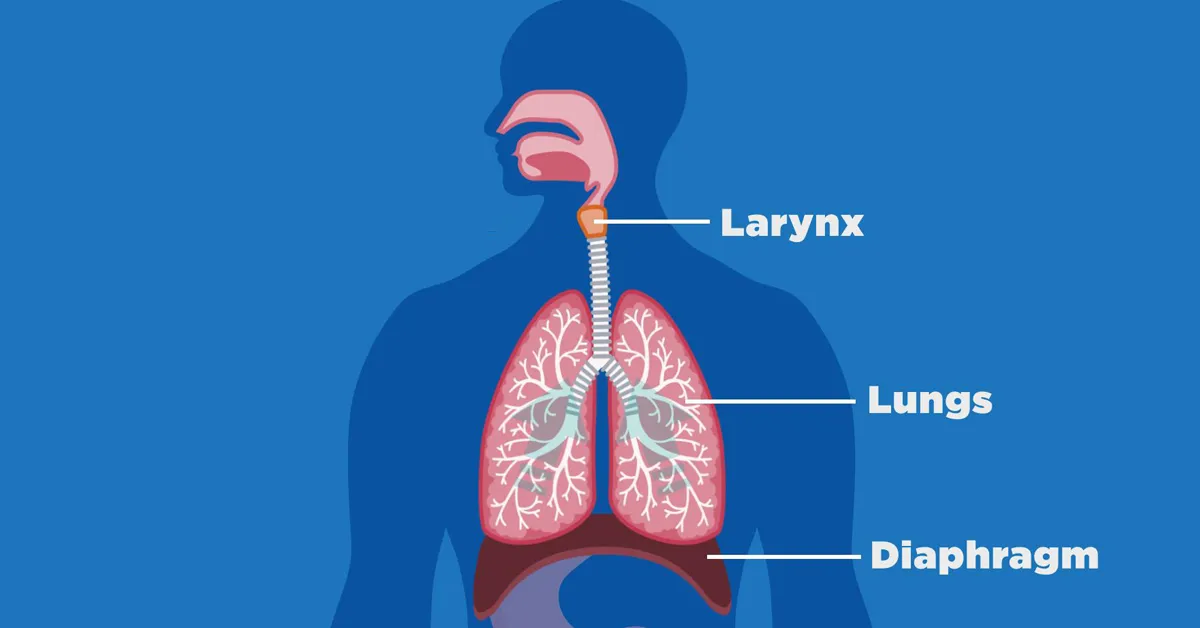Hiccups occur naturally, and often when we least expect them. You have likely heard countless myths on how to eliminate hiccups – from drinking a big glass of water to holding your breath. Does any of this advice work? To better understand that, you will want to know why hiccups occur in the first place.
What Happens During a Hiccup?
Your diaphragm pulls the air you inhale down into your lungs. That air flows back out of your lungs in the form of an exhale when your diaphragm relaxes.
When your diaphragm has an involuntary muscle spasm, it results in a hiccup.
What Causes Hiccups?
Contrary to some popular belief, researchers do have a number of common triggers for hiccups.
Your hiccups may be the result of:
- Drinking carbonated beverages
- Drinking too much alcohol
- Eating too much or eating too quickly
- Being excited or experiencing emotional stress
- Sudden temperature changes
- Swallowing air while chewing gum or sucking on candy
List source: Mayo Clinic
How Can I Make Hiccups Go Away?
There are a variety of methods you can try to relax your diaphragm. These will work sometimes, but there is no consistent solution for everyone.
- Focus on slow and consistent breathing
- Hold your breath for 10 to 20 seconds, then breathe out slowly
- Lean forward to apply pressure to your diaphragm
- Squeeze your nose closed while swallowing water
- Drink warm water slowly and consistently, without stopping
What if My Hiccups will Not Go Away?
If you thought a 10 or 15 minute stretch of hiccups was bad, some individuals face over 48 hours of hiccuping (in rare situations, it can be chronic). If your hiccups last for an extended period of time without going away, you should consult a medical provider. This could be a symptom of nerve damage, central nervous system disorders, or a metabolic disorder.


